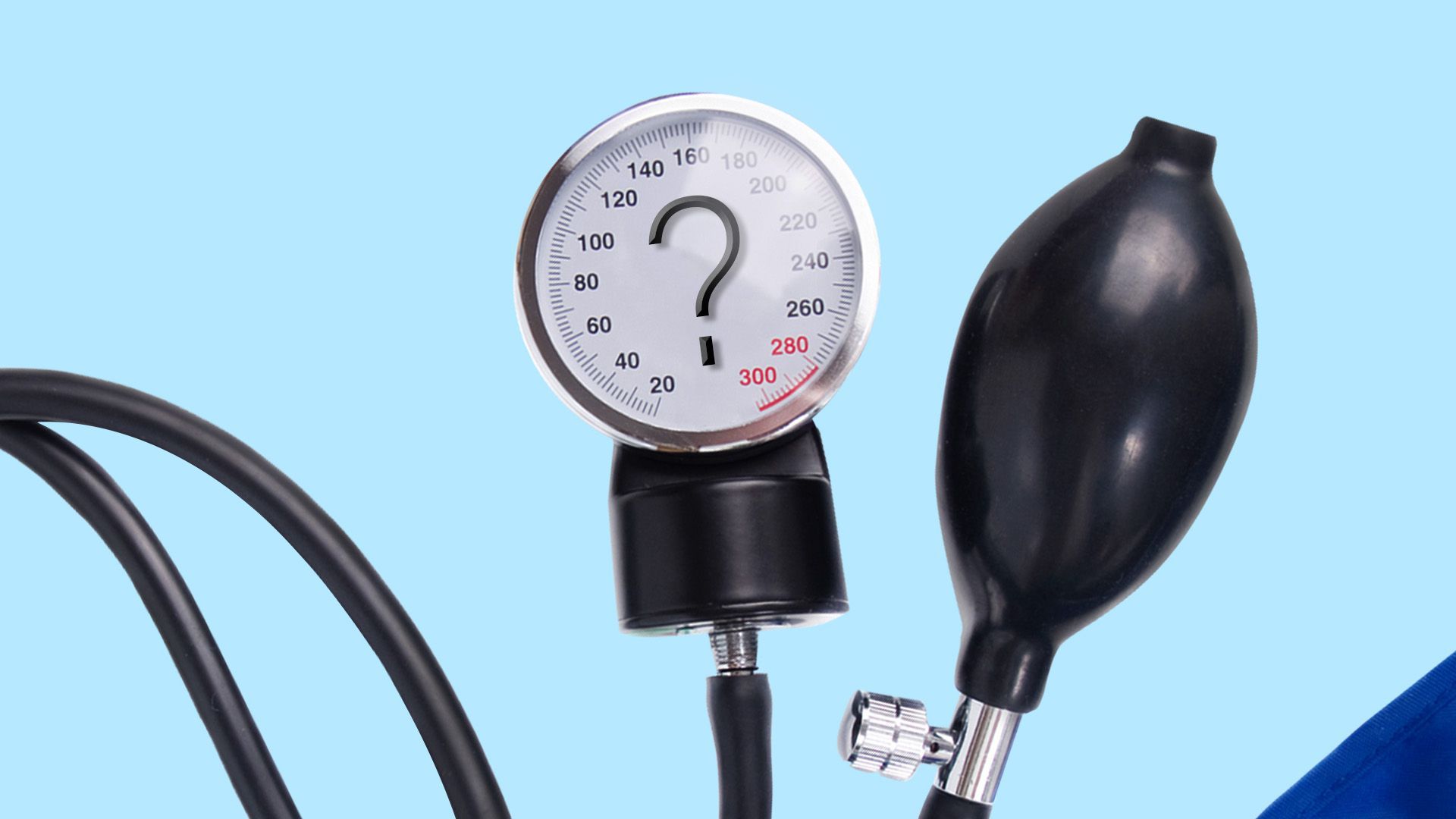| Your hectic job, difficult marriage, rebellious children and dwindling bank account? They're probably not raising your blood pressure in a medically meaningful way, according to the latest research. - The big picture: The real culprits are genetics and poor habits that are often linked to stress, like overeating, smoking and hitting the bottle, Axios' Jennifer Kingson reports.
💡 Why it matters: Nearly half of U.S. adults have hypertension (high blood pressure), and only 24% of those diagnosed have it under control, per the Centers for Disease Control and Prevention. - Elevated blood pressure causes 12.8% of all deaths globally, the World Health Organization says.
Driving the news: While studies have shown population-wide blood pressure elevation during the highly stressful COVID-19 pandemic, the rises were modest, doctors say, and likely related to people getting less exercise, eating poorly, drinking too much and seeing their doctors less often. - Many patients actually saw their blood pressure readings improve during the pandemic — probably because they weren't consuming as many salty restaurant meals, says Samuel Mann, a hypertension specialist at Weill Cornell Medicine in New York.
It's a "medical myth" that chronic stress causes hypertension — job stress in particular, says Mann, who reviewed dozens of studies on the topic and found no meaningful correlation. 🧠 Reality check: The medical community still hasn't completely dispelled the stress-blood pressure link. - While everyday stress doesn't cause chronic hypertension, repressed emotions — from childhood upheavals and other traumas — sometimes can, Mann writes in his new book.
The bottom line: A healthy diet combined with regular exercise and good sleeping habits can control or avert hypertension, doctors say. Share this story. | 




No comments:
Post a Comment